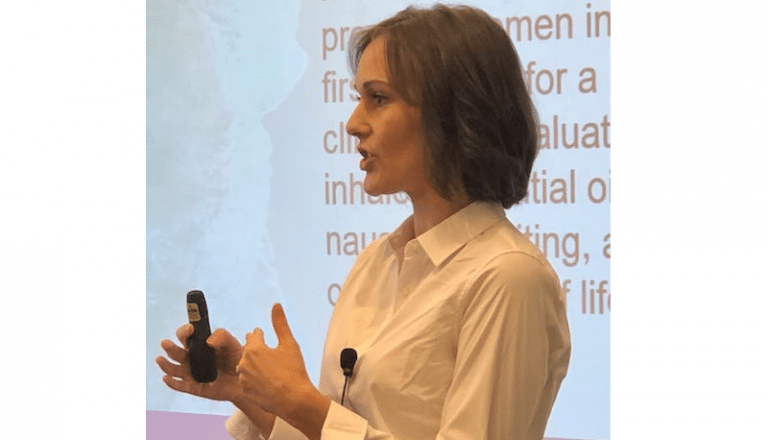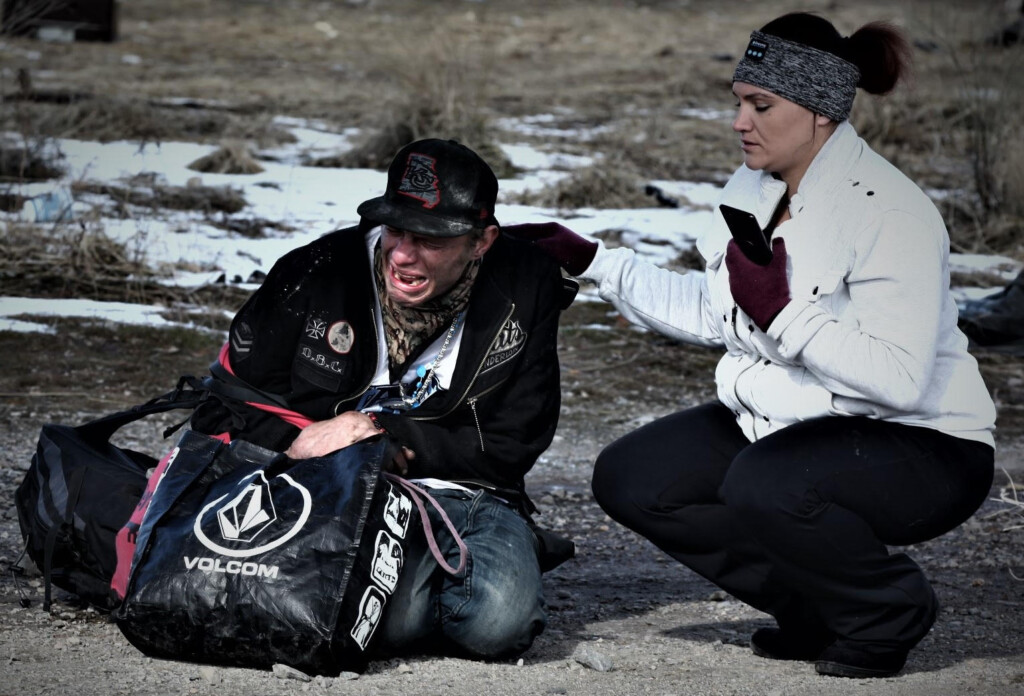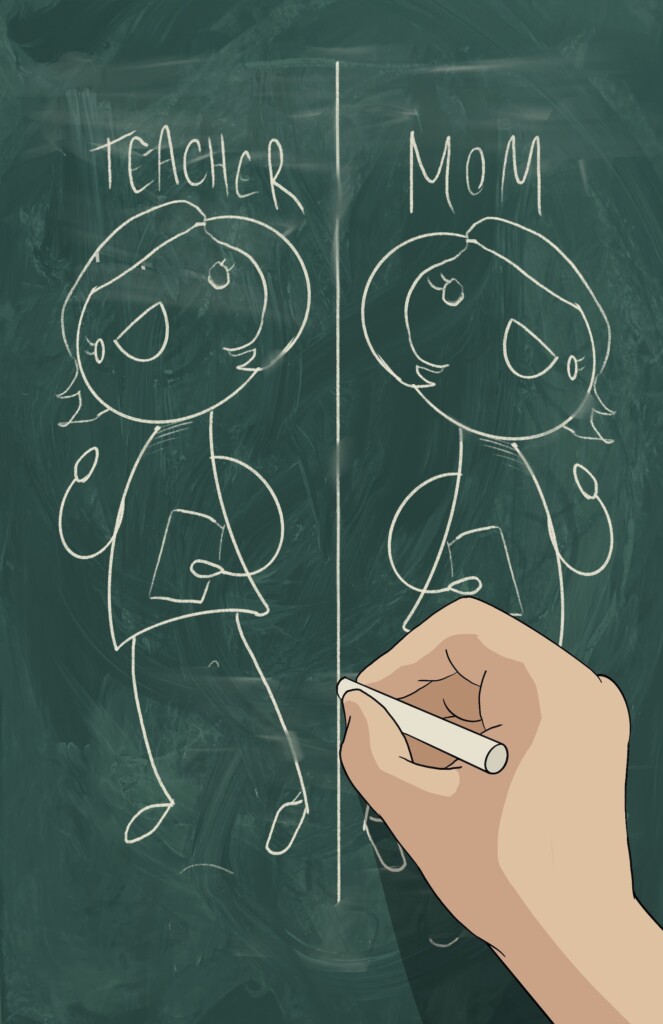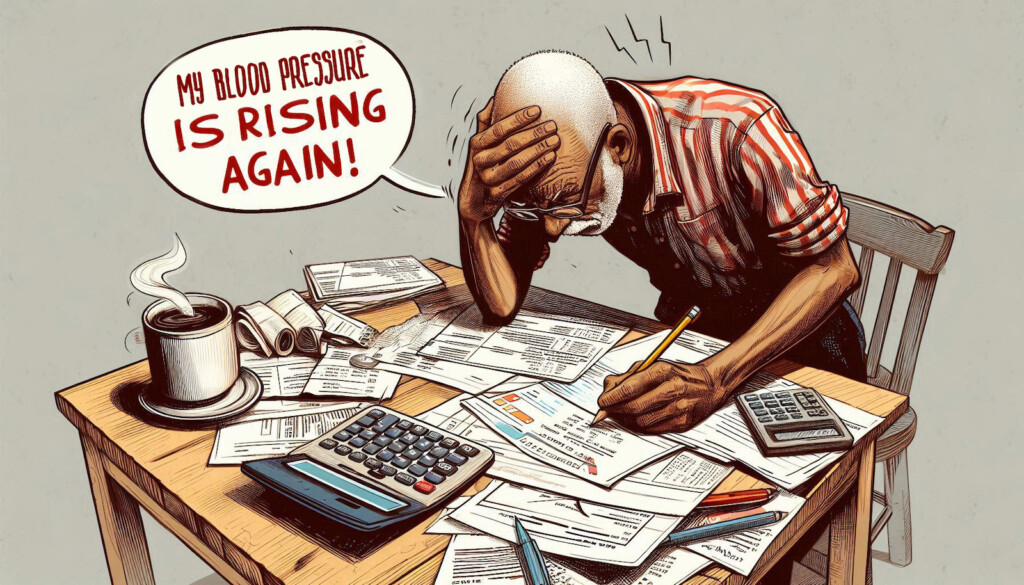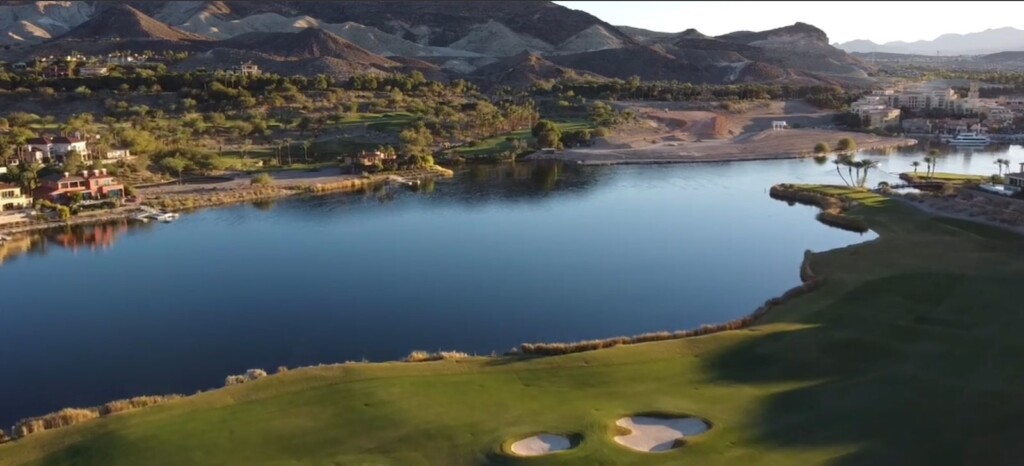An expert in essential oils and public health, Dr. Jessie Hawkins, unpacks the slippery science on the popularly multi-level marketed products
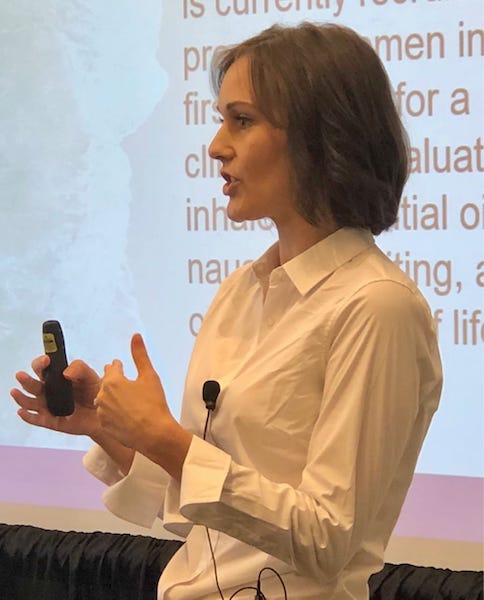
The following was written and reported by The Utah Investigative Journalism Project in partnership with Utah Stories.
A recent Utah Stories article quoted from a public health expert with both expertise in essential oils and epidemiology to unpack some of the murky science around the health benefits of essential oil products. Below is a fuller transcript of that interview edited for length and clarity.
Dr. Jessie Hawkins is a research director for the Franklin School of Integrative Health Sciences. She also does clinical trial research on essential oil products and holds a PhD in Health Research from Middle Tennessee State University and has also completed post-graduate epidemiology studies at the London School of Hygiene and Tropical Medicine. After a few pleasantries and commentary on how sheltering in place was going, we dived into the topic of the research into the health benefits of essential oils.
Tell me how you got into this field of science, when did you realize this was like going to be your passion?
It evolved over time, and a lot of it had to do with just my path of being a parent. I’ve always been curious, scientifically curious and I liked mysteries, that inquisitive sort of thing. I was a big Nancy Drew fan as a kid. When my oldest, who is 19, was first born, it’s when I was first entering into the field. I actually started out my undergrads in environmental health and I was also working in the birth profession side of things as a doula. As I was looking at the best ways to parent my daughter and the best ways to keep her healthy, I came head-first into the disconnect between the holistic and the science side of things.
So I ended up going back to school to learn more about aromatherapy, learn about herbalism. Because of the environmental health side, recognizing the role that epidemiology really does play a role in filling the knowledge gaps. I didn’t actually think at the time that anyone other than myself would be interested in it, but [interest] has grown more over time. More people are interested in it especially with the pandemic going on now.
It seems like there’s not a lot of research looking into the health benefits of essential oils, is that because there’s an antagonistic kind of bias towards the whole field from researchers?
I found honestly that a lot of the bias actually comes from the integrative health side just with the regulatory loopholes and the way that companies can market their products, they don’t have to subject them to science. And we work with a lot of companies and test their products and when it comes down to it, a lot of business owners will just flat out tell me “This is not good for business. I don’t have to have scientific evidence. No one’s asking that of me. If I subject it to these studies, what if it doesn’t work?” So there’s a huge difference in the integrative health field. There are people who want their stuff to work and they want to find out if it doesn’t–and then there are the people who are just saying, “We don’t need that. I’m not playing with fire. We’re not going to do that.”
Tell me about the clinical trials you do?
We primarily do epidemiological research. So everything from looking at the safety of essential oils–for example, the question about whether or not lavender and tea tree can cause breast growth in young boys is something that we’re tackling–all the way across to clinical trials for drug development, for herbs and essential oils. So for people who actually want to follow the FDA process and get approval to make a drug claim for their product, the FDA has a great process available for botanical products. It’s much faster and it’s much cheaper than creating a drug in a lab for cancer. You just have to produce evidence that your product works– funny how that works. You have to show that it works and then you can say that it works. Some companies do pursue that and we help companies through that process with the clinical research on their product.
On your website you tell the story of how many people feel that some alternative treatments “couldn’t hurt” and you compare that to people who thought taking aspirin “couldn’t hurt” during the 1918 Spanish Flu pandemic, only to find that it indeed hurt people. Tell me more about the concerns of this “what can it hurt?” philosophy.
So the concept of “what can it hurt” is probably one of the most dangerous concepts that we have in medicine and that goes back centuries. And that’s why the Hippocratic oath is, first do no harm. To do no harm, you’ve got to figure out what does harm. It took technological advances for us to really analyze data the way that we do today and so prior to that medicine was a lot more grasping at straws, “let’s just try everything.”
We weren’t able to separate correlation and causation. So in the [COVID-19] pandemic situation we have, we already have bad communication between the scientific community and the general public anyway. But we have the general public acting a lot more like it’s the 1800s thinking the scientists don’t know the cure, that means it’s up to us to figure it out. And that’s not safe, the scientists don’t know the cure, but they’re going to figure it out a lot faster than the general public.
So can you tell me in broad strokes what research says about essential oils, especially in regard to supporting healthy immune systems?
So the research on essential oils is highly speculative. You can open any aroma therapy textbook and find limitless numbers of webinars and classes and whatnot right now on how to use them to stimulate the immune system–most of that is based on that 1800s medicine. When it comes to actually confirming what works– I think Young Living and doTERRA are both working from this kind of side of things–most of what they have is being extrapolated from in vitro research. And both of those main companies’ research teams consist of chemists that are not clinical researchers.
It’s really fast and cheap to pop oils in a Petri dish because they don’t have to deal with humans, human health and ethics, and many research regulations involving human subjects. I mean, we can put bleach in a petri dish and accomplish all kinds of stuff, but we don’t pop a pill of bleach or diffuse it around the house.
Taking it from the petri dish to the human body is night and day. It requires dozens if not hundreds of clinical trials to answer all of the different questions that have to be answered. And when it comes to that, that’s the part no one’s interested in doing. So just in terms of protecting people from the seasonal flu or the Coronavirus, we have nothing in a human body that says any type of exposure to essential oil can actually accomplish that in a healthy person.

